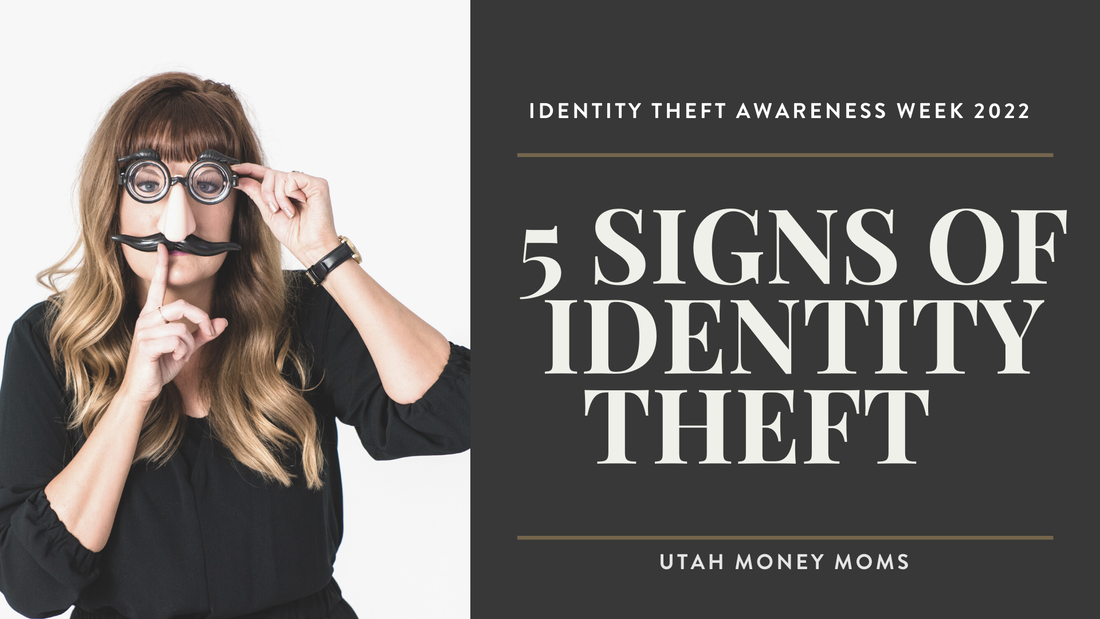|
Amanda H. Christensen, AFC, UMM Editor, Extension Professor Identity thieves have had a heyday with pandemic-related schemes and scams aimed at obtaining your information to apply for credit, unemployment benefits, file taxes, buy things, or get medical services. The good news? There are things you can do to protect yourself that I’m sharing today in honor of #IDTheftWeek. Read on!
0 Comments
Vincenza Vicari-Bentley, AFC, Empowering Financial Wellness Program Coordinator  Identity theft involves using someone else's personal information for fraudulent purposes. According to the Federal Trade Commission, in 2020 there were 4.8 million identity theft and fraud reports received, a 45 percent increase from 2019. Unfortunately, identity theft is a growing problem in the U.S., and pandemic relief made it worse as identity thieves targeted relief checks and unemployment benefits to name a few. However, there are ways to protect your identity and credit and most are free. Vincenza Vicari-Bentley, AFC Empowering Financial Wellness Program Coordinator  If you’re anything like me, I am the ultimate procrastinator when it comes to filing my tax returns. But believe it or not theft in the time of tax returns is a lot more common than you might think and being a procrastinator isn’t best in this situation. Most people don’t know that they’ve been exposed to this type of theft until their tax return is denied. There are criminals out there that attempt to steal identities by filing false returns using your Social Security number. According to the IRS, in 2019, there were about 60,000 fraudulent tax returns filed and those returns were worth millions…….. $345.5 to be precise. While the IRS was able to prevent about 93% of those, there were still about $24 million worth of returns outstanding. Keep in mind that these statistics are only related to actual tax filings. So how can you protect yourself from scams at tax time? How can it pay to file early? Believe it or not, scammers take every opportunity at a time like this to collect our personal information and money. As online shopping and remote work increases, here are the current common Coronavirus scams according to the Federal Trade Commission and what to do about them:
SCAM 1: Undelivered Goods. Scammers selling goods online claim they have high-demand items in stock. You place an order and never get your shipment. This is more and more common as anyone can set up shop and look like they’re selling legitimate products. WHAT TO DO: Stick to sites you know and trust. Check out the seller by searching for previous customer reviews. If you decide to buy, use a credit card to keep record of the transaction and make sure you see ""https" when you check out. If you’re concerned about the pricing of products in your area, contact your state consumer protection officials via www.naag.org . GUEST BLOGGER: TASHA KILLIAN  February 11th is internet safety day. So let's talk about what we can do! Recently, I received a few text messages from coworkers and my boss asking me if I sent them a text asking for money. I was very confused because the texts they were forwarding to me were from a number in a different state, with my name signed at the end. |
TAKE A FREE CLASS!Host a ClassamandaSharing real-life money smarts to help you stay on track with financial goals while still enjoying life! Follow the fun on InstagramAS SEEN ONawardsBest of State 2022 & 2023: Personal Finance Education
1st Place National Award in Social Media Education from the National Extension Association of Family and Consumer Sciences
Gold Award in Blog Site category at the 7th annual Education Digital Marketing Awards.
Platinum Award in Digital Media, Web Design category at the International Marketing and Communication Awards.
Categories
All
|












